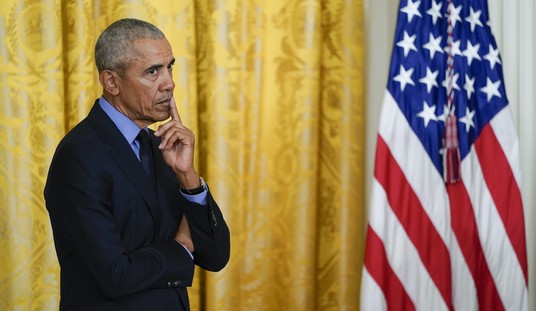Two days ago, I returned from a weekend in San Francisco to learn that my father had died. Sam Prelutsky was born in Russia, in 1901 or 1902. He never knew for certain. It didn’t seem to bother him.
As a young man in America, he settled in a part of Illinois where the most popular organization around was the Ku Klux Klan. After the Cossacks, though, I guess a bunch of farmers wearing sheets weren’t such a big deal. Years later, he used to laugh about his former neighbors inviting him – him with his nose and his name and his accent – on Klan outings. Maybe they decided to overlook the obvious evidence of his ethnicity in the mistaken belief that Jews didn’t raise chickens and candle eggs.

Later, after he was married, he moved to Chicago. For a while, he worked for a cigar company, rolling the stogies he couldn’t stand to smoke. But for most of the time he was a fruit and vegetable wholesaler. He’d drive his truck to the big central market at 3 a.m., pick up his load, and spend the next twelve hours delivering produce. In the dead of winter, he’d be out on that truck schlepping sacks of potatoes. In the middle of summer, he’d be muscling crates of watermelons, just begging for the hernia he eventually got.
We moved to L.A. in 1946. At that point, he came to the conclusion that the people he’d been delivering to over the years had been living the life of Riley, home in bed snoozing while he was up schlepping. He decided to tackle the retail end. A few months at a bad location ate up most of his savings and sent him back to the truck. But L.A., massive sprawl that it was even then, was murder compared to the more compact Chicago.
Recommended
His next venture was a cigar stand downtown. Not counting the drive, it was still a twelve-hour day, spent mostly on his feet. But at least the lifting and hauling was limited to soft drink cases and trash barrels. On the other hand, you had to learn to live with the goniffs who swiped candy bars during the noon rush and the merchant princes of the garment industry who’d run up good-sized cigar bills and let you stew until they were in the mood to pay up.
My dad was not an educated man. He couldn’t correctly spell the names of those sodas and candy bars he sold six days a week. I don’t know if he read two dozen books in his life. He loved America, Israel, pinocle and FDR.
He wanted me to get good grades, a college degree and have a profession – something safe and preferably lucrative, like medicine or the law. He couldn’t understand someone’s wanting to write for a living. Still, when I sold a poem for fifty cents at the age of thirteen, he cashed the check for me – and only much, much later did I find out that forever after he carried that check folded up in his wallet.
We buried my father this afternoon. I didn’t think I would, but I shed tears. I cried because he had worked too hard for too long for too little. For many years, I had resented him because he had never told me he loved me; now I wept because I’d never told him.
The rabbi’s speech was short and simple. What is there, after all, to say at the funeral of such a man? Had the responsibility been mine, I would have said: Sam Prelutsky, who was born in a small village 7,000 miles from here, sixty-seven or sixty- eight years ago, was a remarkable person. He was not a great man or a famous man, but he was the best man Sam Prelutsky could be. Now, let there be no more tears today, for we are laying to rest a man who’s earned one.

























Join the conversation as a VIP Member